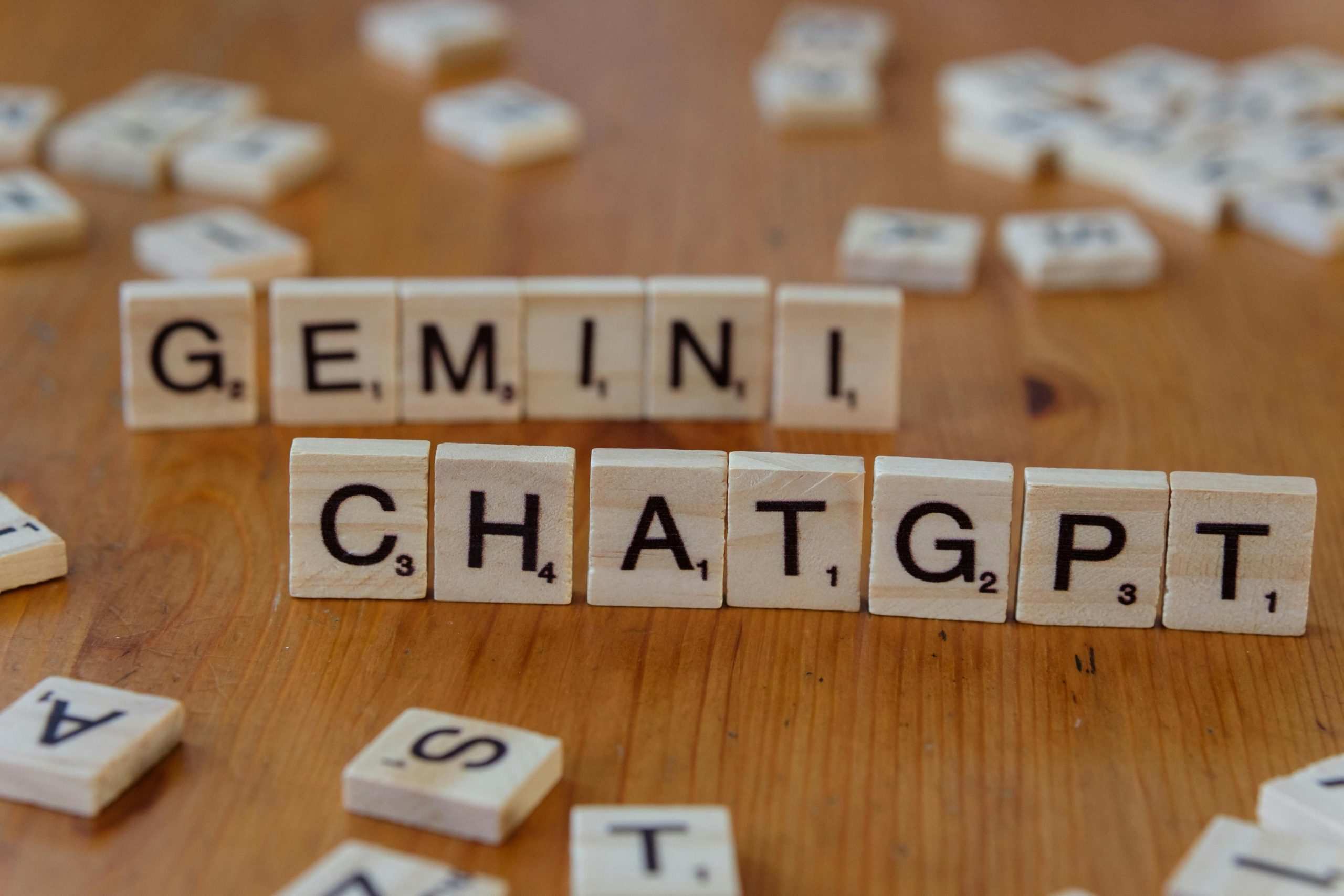Artificial intelligence has evolved rapidly, with models like OpenAI’s ChatGPT and Google’s Gemini (formerly Bard) leading the charge. Both are powerful conversational AI tools, but which one is smarter? This detailed comparison explores their strengths, weaknesses, and key differences to help you decide which AI suits your needs best.
Understanding ChatGPT and Gemini
ChatGPT, developed by OpenAI, is based on the GPT (Generative Pre-trained Transformer) architecture. The latest version, GPT-4, is known for its advanced language understanding, creativity, and ability to generate human-like text. It powers various applications, from chatbots to content creation tools.
Gemini, Google’s AI, is built on the PaLM 2 (Pathways Language Model) architecture. Designed to integrate seamlessly with Google’s ecosystem, it excels in real-time data retrieval, contextual understanding, and multimodal capabilities (processing text, images, and more).
Performance and Intelligence
Language Understanding and Generation
Both ChatGPT and Gemini demonstrate impressive language skills. ChatGPT, especially GPT-4, is highly creative, making it ideal for storytelling, brainstorming, and generating detailed responses. Gemini, on the other hand, leverages Google’s vast data resources to provide more accurate, up-to-date answers, particularly for factual queries.
Contextual Awareness
ChatGPT maintains strong contextual understanding in long conversations, but Gemini shines in real-time information retrieval. For example, if you ask about the latest news or trends, Gemini can fetch live data, while ChatGPT relies on its pre-trained knowledge (with limited web access in some versions).
Multimodal Capabilities
Gemini supports multimodal inputs, meaning it can process text, images, and even audio in some versions. ChatGPT, while primarily text-based, has introduced image recognition in certain implementations (like ChatGPT-4 with vision). However, Gemini’s integration with Google Lens and other tools gives it an edge in visual data processing.
Strengths and Weaknesses
ChatGPT’s Advantages
- Creativity: Excels in generating imaginative content, such as stories, poems, and marketing copy.
- Versatility: Adaptable for coding, content creation, and complex problem-solving.
- Fine-Tuned Responses: Offers detailed, nuanced answers in specialized domains.
ChatGPT’s Limitations
- Limited Real-Time Data: Without plugins, it relies on pre-2023 knowledge.
- Factual Errors: May hallucinate or provide outdated information.
Gemini’s Advantages
- Real-Time Information: Pulls data from the web for current answers.
- Google Integration: Works seamlessly with Google Search, Docs, and other tools.
- Multimodal Support: Handles images and text together effectively.
Gemini’s Limitations
- Less Creative: Struggles with highly imaginative tasks compared to ChatGPT.
- Dependent on Web Access: Performance varies based on search results.
Use Cases: Which AI is Better for You?
Choose ChatGPT if: You need creative writing, coding assistance, or in-depth explanations on theoretical topics. It’s a great tool for writers, developers, and researchers.
Choose Gemini if: You require real-time data, fact-checking, or integration with Google services. It’s ideal for professionals needing up-to-date information, like journalists or analysts.
Conclusion
Deciding whether ChatGPT or Gemini is smarter depends on your needs. ChatGPT excels in creativity and nuanced language tasks, while Gemini leads in real-time information and multimodal processing. For most users, the best approach might be leveraging both tools—using ChatGPT for brainstorming and content creation and Gemini for research and factual accuracy. As AI continues to evolve, both models will likely close the gaps, making them even more powerful in the future.
